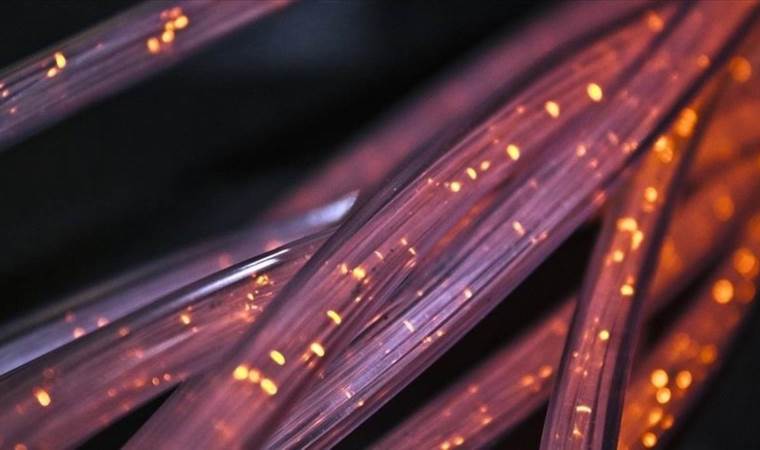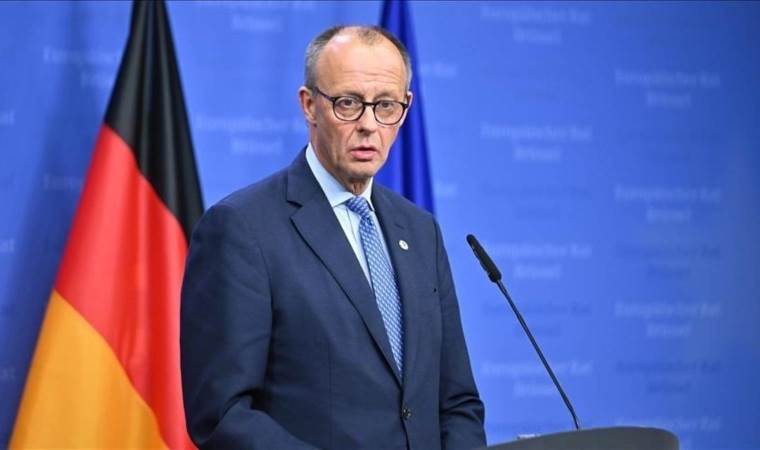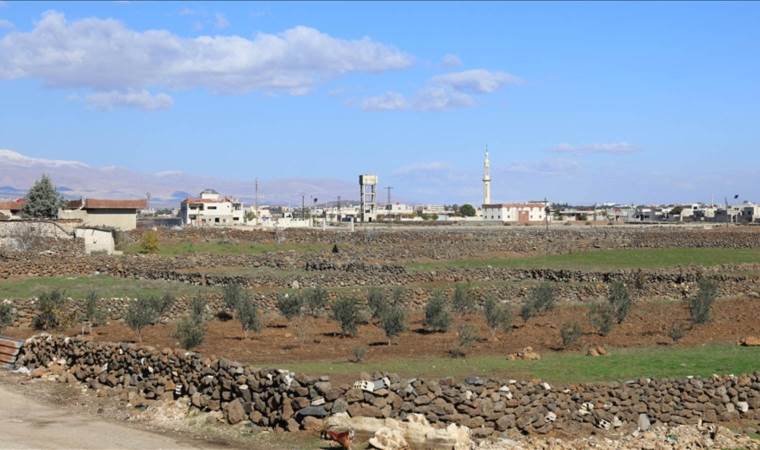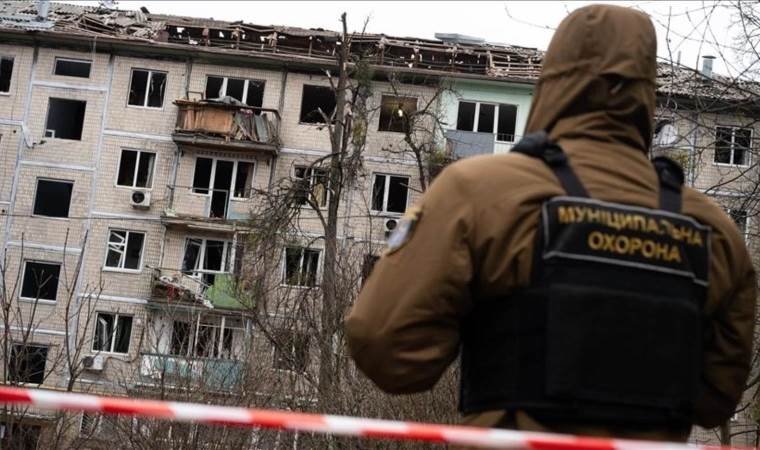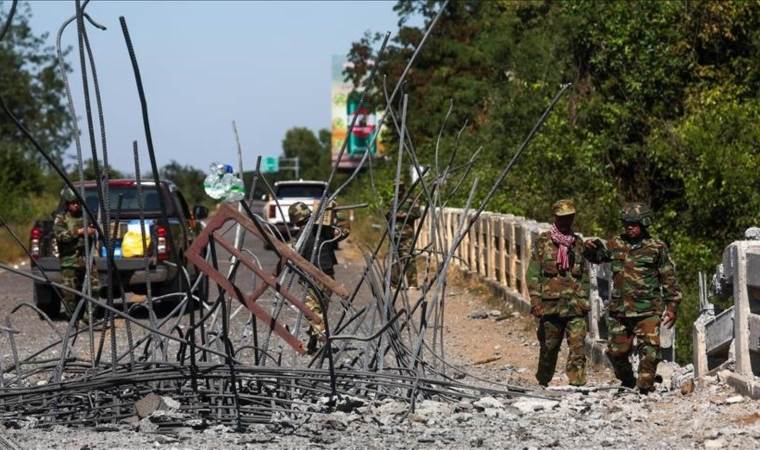Authors Columns of the Day Sport Guest Life All Authors
Pan Guang’s two proposals
In Shanghai, we held a roundtable meeting with academics as journalists from member, observer, and dialogue partner countries of the organization. One of the senior figures present, Prof. Pan Guang, made two proposals that deserve attention and discussion.
MAJORITY VOTING MECHANISM
Prof. Pan Guang’s first proposal concerns the decision-making mechanism of the SCO. Noting the organization’s expansion and the difficulty of making quick decisions if it continues with the unanimity system, Prof. Pan Guang suggested transitioning from unanimity to a majority voting system to avoid becoming sluggish.
Prof. Pan Guang’s second proposal is even more intriguing. Reminding us of the founding principles of the organization, such as combating terrorism, countering separatism, and resolving border issues, Prof. Pan Guang proposed a security mechanism aimed at maintaining peace. He emphasized that his proposal was not military in nature but described a police mechanism affiliated with the United Nations (UN).
WOULD IT WEAKEN THE SENSE OF EQUALITY?
In my speech, I mentioned that I found Prof. Pan Guang’s proposals significant and, therefore, they must be discussed. I added:
Both proposals have advantages and disadvantages. Since Prof. Pan Guang has already explained the advantages, I will focus on the disadvantages to contribute my perspective.
I have three concerns about the two proposals:
The SCO is expanding, and undoubtedly, the growing SCO’s decision-making by unanimity slows down its pace. However, transitioning from unanimity to a majority voting system, would it not halt the positive expansion characteristic of the growing SCO? Would new countries hesitate to join the organization out of concern that their role in the decision-making process would be diminished? I believe they would.
RISKS OF THE POLICE MECHANISM
2) One of the features that make the SCO strong and attractive is its egalitarian nature. But would shifting from a unanimity to a majority voting system erode this feature? Wouldn’t the equality of countries whose votes do not turn into decisions be compromised? Would the egalitarian understanding of the SCO weaken? I believe it would.
Most importantly, how will a police mechanism operate, and under what conditions? Will it be deployed at the request of a government facing an uprising in their country? The sovereignty aspect of the issue is already problematic, but how will this police mechanism solve a problem that the country’s own security forces couldn’t? If a part of the country’s security forces supports the uprising, won’t this result in a conflict between them and the police mechanism? And more importantly: For some governments, opposition social movements could be labeled as terrorist activities, as indeed they are. In this case, wouldn’t this police mechanism, activated at the government’s request, take a problematic stance within the country’s internal politics by taking sides?
NEEDS DISCUSSION
Due to time constraints, there wasn’t enough opportunity for Prof. Pan Guang to elaborate on my concerns. But he must have considered these aspects as well.
Let’s see, maybe Pan Guang has made a start, and these proposals will come before the SCO for evaluation. (The next day, at the summit, Putin said, “We will reform the SCO’s regional anti-terror structure.”) Thus, we will have the opportunity to review and develop our “initial views.”
Yazarın Son Yazıları All Columns
Günün Köşe Yazıları
Most Read News
-
 Finland seizes vessel over suspected damage to submarine
Finland seizes vessel over suspected damage to submarine
-
 France moves to ban social media for under-15s, bar cell
France moves to ban social media for under-15s, bar cell
-
 Russia’s war on Ukraine threatens Europe’s freedom, secu
Russia’s war on Ukraine threatens Europe’s freedom, secu
-
 Israeli forces conduct new raids into Syrian villages in
Israeli forces conduct new raids into Syrian villages in
-
 Russia, Ukraine trade accusations of overnight attacks a
Russia, Ukraine trade accusations of overnight attacks a
-
 US says Lebanese army’s deployment in south ‘critical’ f
US says Lebanese army’s deployment in south ‘critical’ f
-
 EU commissioner warns Israel against blocking charities
EU commissioner warns Israel against blocking charities
-
 Thailand releases 18 Cambodian soldiers as ceasefire hol
Thailand releases 18 Cambodian soldiers as ceasefire hol
-
 Alcohol tags track thousands of offenders over New Year
Alcohol tags track thousands of offenders over New Year

